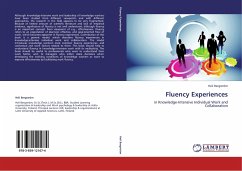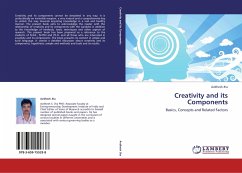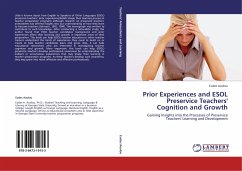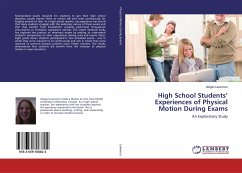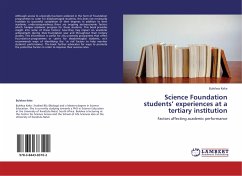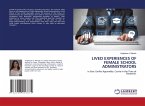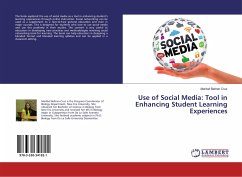Although knowledge-intensive work and leadership of knowledge workers have been studied from different viewpoints and with different approaches, the research in the field appears to be very fragmented. Because of limited amount of scientific literature and lack of empirical evidence, significance of fluency is not well understood, although fluency is an important concept from viewpoint of e.g., effectiveness. Fluency refers to an expectation of planned, effective, and goal-oriented flow of work, which becomes apparent in fluency experiences. Contribution of this book is a generic model, which describes fluency experiences in knowledge-intensive individual work and collaboration. The model introduces knowledge worker's most common fluency experiences, and contextual and work factors related to them. This book should help to understand fluency in knowledge-intensive work with its multiplicity. The book should be useful to professionals who want to understand their work better, and,to managers who either make decisions when developing the working conditions of knowledge workers or want to improve effectiveness by facilitating work fluency.
Bitte wählen Sie Ihr Anliegen aus.
Rechnungen
Retourenschein anfordern
Bestellstatus
Storno

